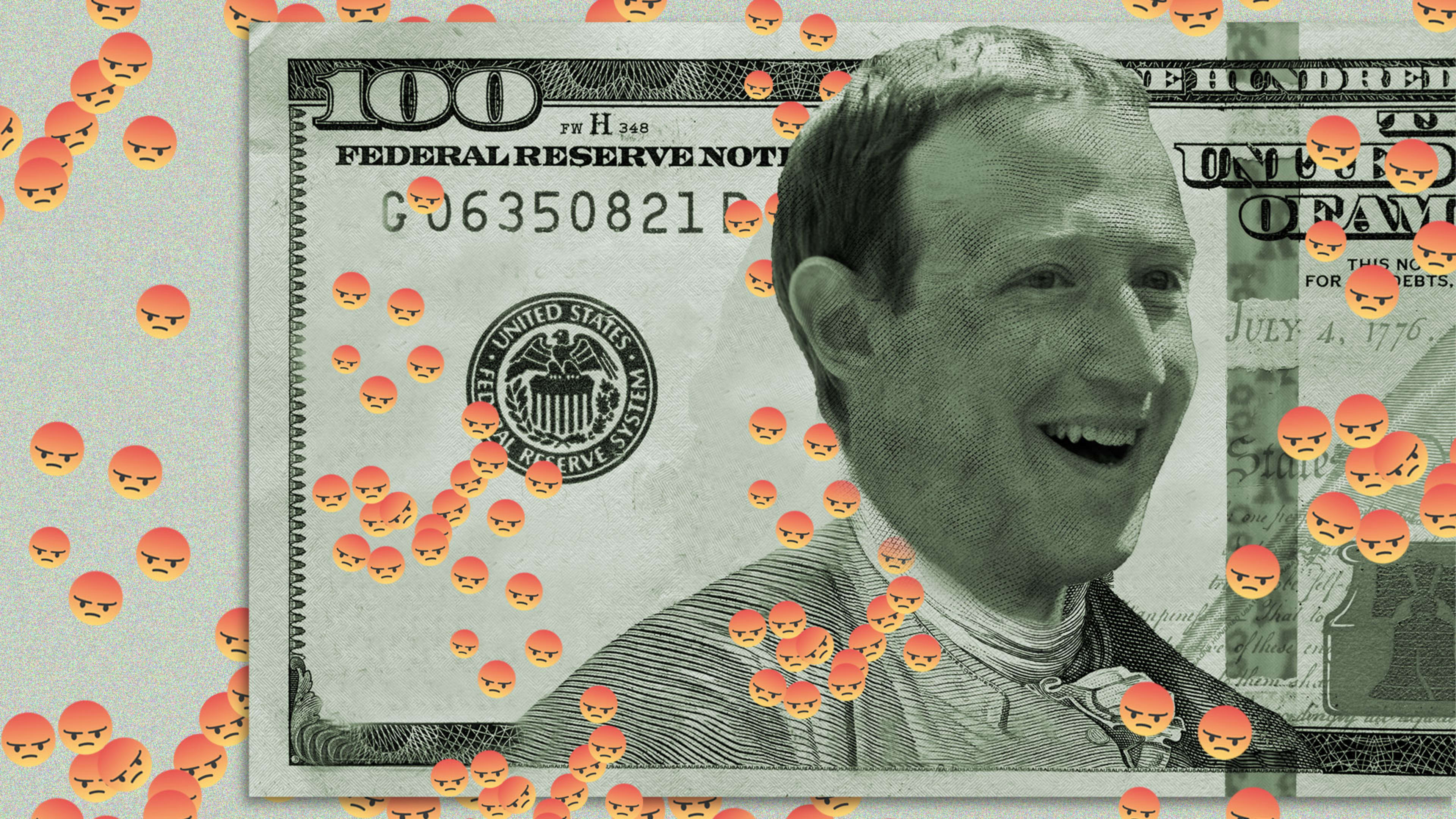By looking at the numbers, you’d never know that Facebook is in some of the hottest water it’s felt in its history. The company released its third quarter financial results amid blowback from highly negative news coverage based on internal documents leaked by whistleblower Frances Haugen.
Facebook reported revenue of $29.01 billion, which was slightly lower than analyst expectations. But earnings came in above analyst expectations at $3.22 per share. Its shares bounced up 3% on the news.
Apple as ‘major headwind’
Analysts and investors had been concerned that Facebook’s results would be depressed by Apple’s move to allow users of iOS devices to opt out of in-app ad tracking (Ad Tracking Transparency), allowing them to block the techniques that interactive advertising platforms, such as Facebook, Google, and Snap use to target ads and measure their performance. Snap’s stock took a 25% haircut after the company reported disappointing results and stated that Apple’s change earlier this year was the main cause.
Facebook also felt the effects, but not as severely, and was not punished by its investors. During Monday’s earnings call, Facebook CFO David Wehner said Apple’s tracking crackdown was the “major headwind” confronting Facebook’s ad business during the third quarter. COO Sheryl Sandberg said her company would have seen its ad business grow from the second quarter to the third had it not been for Apple’s policy change. She added that Facebook has already begun building tools to help it target and measure ads without the help of device identification it once received from all iOS devices.
The company said it expects fourth-quarter revenue of $31.5 billion to $34 billion.
Bracing for bad press
This week Facebook is bracing for blowback from a second wave of negative news stories, this time from a consortium of news organizations that recently gained access to the documents leaked by former Facebook employee Haugen. The Wall Street Journal was the first to get access, from which it generated a batch of damaging stories, collectively called the “Facebook Files” series. Intense Congressional scrutiny has resulted from the bombshell coverage.
And now a second whistleblower has emerged with an affidavit corroborating Haugen’s claims about the social networking giant. According to the Washington Post, the second (as-yet-unnamed) whistleblower claims that Facebook allowed illegal activity to persist on its platform, and echoes Haugen’s claim that the company “prizes growth and profit over combating hate speech, misinformation and other threats to the public.”
During the earnings call with analysts, Facebook CEO Mark Zuckerberg sounded off defiantly about the leaks and media coverage. “What we’re seeing is a coordinated effort to selectively use leaked documents to paint a false picture of our company,” he said.
Rebranding for the metaverse?
The Verge‘s Alex Heath reported October 19 that Facebook plans to rebrand itself to reflect its ambitious plans to become “a metaverse company,” as Zuckerberg has said. Comments by company executives Monday strongly suggest those plans are real.
Facebook said Monday that it will begin reporting the financial performance of Facebook Reality Labs (FRL)–where much of the AR development is taking place—separately from the performance of its other apps. This is very likely a precursor to a new company organization that puts apps like WhatsApp and Instagram under an umbrella name (a la “Alphabet”), and elevates Facebook Reality Labs as Facebook’s centerpiece.
The company says it already has more than 10,000 people working on its initiative to build the foundational technologies needed to underpin its metaverse. This could include both virtual reality (VR) and augmented reality (AR) headsets or glasses, a mixed reality operating system, and social media apps and other software experiences.
Recognize your brand’s excellence by applying to this year’s Brands That Matter Awards before the early-rate deadline, May 3.
